The Venice Film Festival is always a great opportunity to meet people you admire and connect with them. Antonio Campos, a member of the jury of the Orizzonti Section, is one of those people.
With his way of answering our questions, he took us on a journey through how he became the director he is today: memories, dream-like images, white lies, and anecdotes that shaped the kind of director we like: a director who’s also a producer, a writer, that has a strong sense of what’s going on and how it’s going to be, a 360° involved director.
His view on the indie film industry, of which the Orizzonti Section is surely a great advocate and platform, is not sugar-coated, there will be always people with lots of money to make films but there will also always be people that find a way to make films as we will never stop wanting to make them, and surely the digital era has helped a lot in terms of low-budget movies.
Finally, we couldn’t but talk about “The Staircase”, released in 2022 by HBO, a true-crime series, 10 or so years in the making, a passion project, a mystery within a mystery. A must-see!
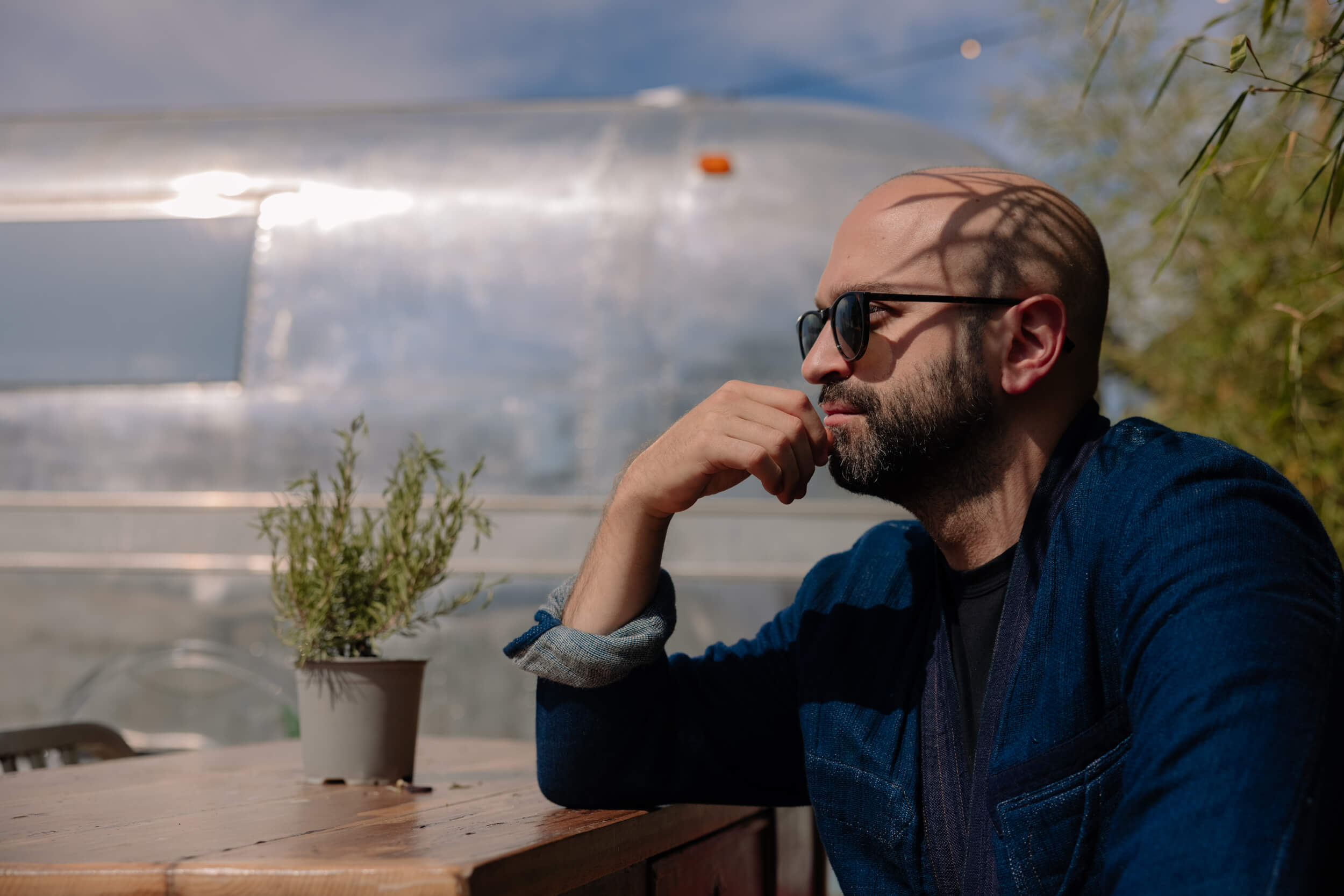
What is your first cinema memory?
My parents would take me to see everything, no matter what it was but sometimes they didn’t know what was coming: I remember very clearly when I was 10 and my mom took me to see “Pulp Fiction”, and when the gimp scene started to happen she covered my eyes, and I remember trying to pull my mom’s hand off my face but she really held tight over my eyes and I could just hear the gimp scene. When I look back at it, it is an interesting moment as it feels like the first time that I realized the power of sound because I could imagine exactly what was happening, or whatever I imagined seemed pretty horrible and it was all just the sound of it. So, this was one of my earliest memories.
Another early memory for me is a movie theater that was on the street that I grew up on, called Cinema Village, which is been there forever, you’d see it in movies all the time because it’s one of the only movie theaters left to have the classic marquee; they used to show cartoons there, and I would go with my babysitter to see cartoons: Warner Brothers’ Looney Toons, Bugs Bunny, and those kinds of cartoons. And then, that was the first theater, when I got a little older, around 10 or 11, where I really started seeing movies that shaped me in a lot of ways. They had a festival for Rialto Pictures and they were showing “8 ½”, “The 400 Blows”, “Seven Samurai”, and I saw all those movies in the same few weeks, with my dad.
And what led you to be a director?
I always really loved movies. My first ever and favorite movies were adventure ones like “Indiana Jones”, “Back to the Future”, “Ghost Busters”. My parents were very supportive of me and my love for films, and early on I thought about making movies, but I got the idea of making movies after thinking about careers based on the things I’d seen. So, at first, I wanted to be an archeologist because of “Indiana Jones”, and then I wanted to make videogames because of this movie called “The Wiz”, and then hunting ghosts because of “Ghost Busters”, and finally I realized I just wanted to tell these stories.
I started to do a thing where I was constantly writing down things that I thought were good stories – when I was 8 or 9, if I was reading a good book in class or something like that, I thought, “Okay, this could be a good story for a movie” and I would write down what the story was. But the moment that I really decided to be a director, or I knew what a director was, happened when I was around 12 or 13 years old, when I saw “Trainspotting”. I really liked it, I thought it was really inventive and I had a lot of fun watching it, it was really dark but I was really invested in the movie. There was a movie poster for it that I saw, they called it “this generation’s ‘A Clockwork Orange’” and I’d never heard about “A Clockwork Orange” before, so I hunted for it and I found it at Blockbuster and watched it right away.
There was something about the end of that movie that, when I saw the “written, produced and directed” credit, for some reason when I saw that, I thought, “Oh, Stanley Kubrick did it, I want to learn how to do that, that’s a director to me”. I became obsessed with Stanley Kubrick, but there was something about the way that I felt after that movie that I got goosebumps, in a way that I felt such a strong feeling even though I couldn’t exactly explain what the ending was.
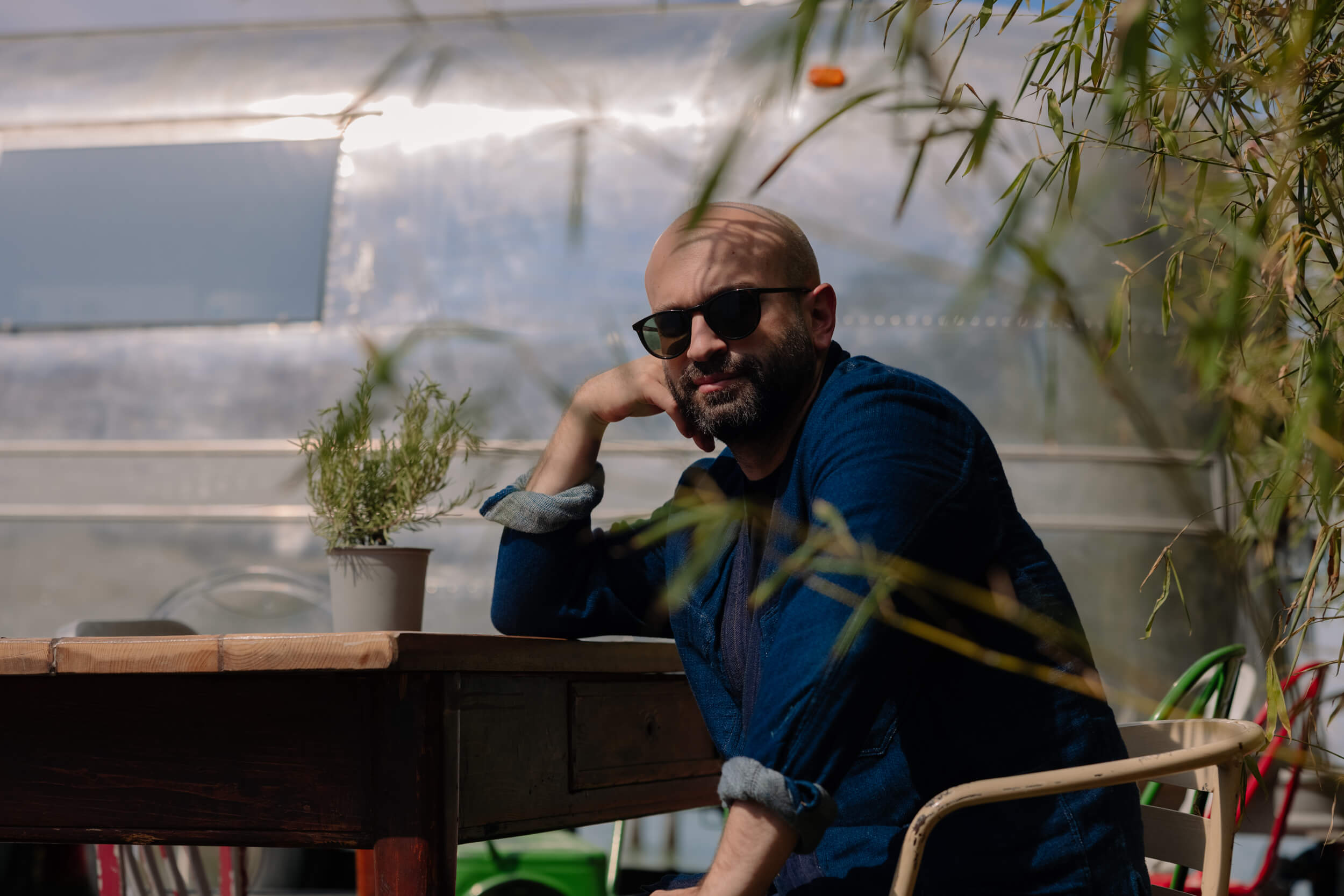
But the connection between the images on the screen, the words in the voiceover and the music and the way that it hit in the very end, the way that all these ingredients came together to create that feeling made me think, “That’s directing, I want to know how to do that”. Then one day, while walking around the subway with my brother I was a poster saying “Learn how to be a filmmaker in 6 weeks”. I said to my brother, “I’m going to do that” and he said, “No, you’re not going to do that”, but then I convinced my mother to take me to the school and we met with the headmaster (I was 13 but I lied and said I was 14); he was really convinced that I wanted to do it, so he gave me the chance to do it, but he told me to say I was 16 because there was only one other 16-year-old student and everybody else was much older, there wasn’t a teenage program. So, I made my first movie when I was 13, my short films on 16mm, in black and white. It was a weird experience because for 6 weeks I pretended, I was performing, I was being 16.
The school was two blocks away from where I lived, and my mother would let me go and stay late even though I was young, but one time I was editing and lost track of time, and I had my headphones on and someone tapped me on the shoulder and said it was 2 or 3 in the morning and my mom was there; I looked over my shoulder and there was my mom wearing a bathrobe with two police officers, and I was like, “Fuck!” because I was trying to pretend that I was 16 and that wouldn’t have happened to a 16-year-old. So, I said, “Get out of here, I’m supposed to be 16, you’re ruining my cover!” and she cried, “Why didn’t you call me?!”, and I said, “I’m sorry, I’m here, I’ll be home soon” [laughs].
Another fun thing that happened was my last project, a script that I wrote called “Puberty”, about a boy going through puberty, and my directing teacher read it and said, “This is about a kid, you’re 16 now, write about being 16, and college, and meeting girls”, and I was like, “Okay, sure!” and thought, “Now I have to write a script as a 16-year-old”. So, I started writing another script and I gave both of these projects to my writing teacher, the new one was called “Cricket Rumley”, and she said, “You’re clearly more invested in this puberty script, why don’t you just make that?” and I told her what the directing teacher told me and she said, “Bullshit! Just make the movie you care about”. That was a really good lesson, to follow your gut and your heart on things.
Do you still write down ideas?
Yes. I used to carry notebooks everywhere and write like crazy but since I carry the iPhone everywhere, I just have a lot of very long notes but now because I’m working on different projects at the same time, I try to organize them by title. At first, what I do is write quite many notes, some are ideas, some of them are really random, some are just references and when I run out of thing to write, I start to organize and I start to create categories like themes, character ideas, dialogue ideas and then as I organize them, I’m re-reading and re-writing them. And that has worked for me. I think that everybody has their own method, and it’s never a method that you are taught, it is some version of what you were taught and then you develop it into something that makes sense for you.
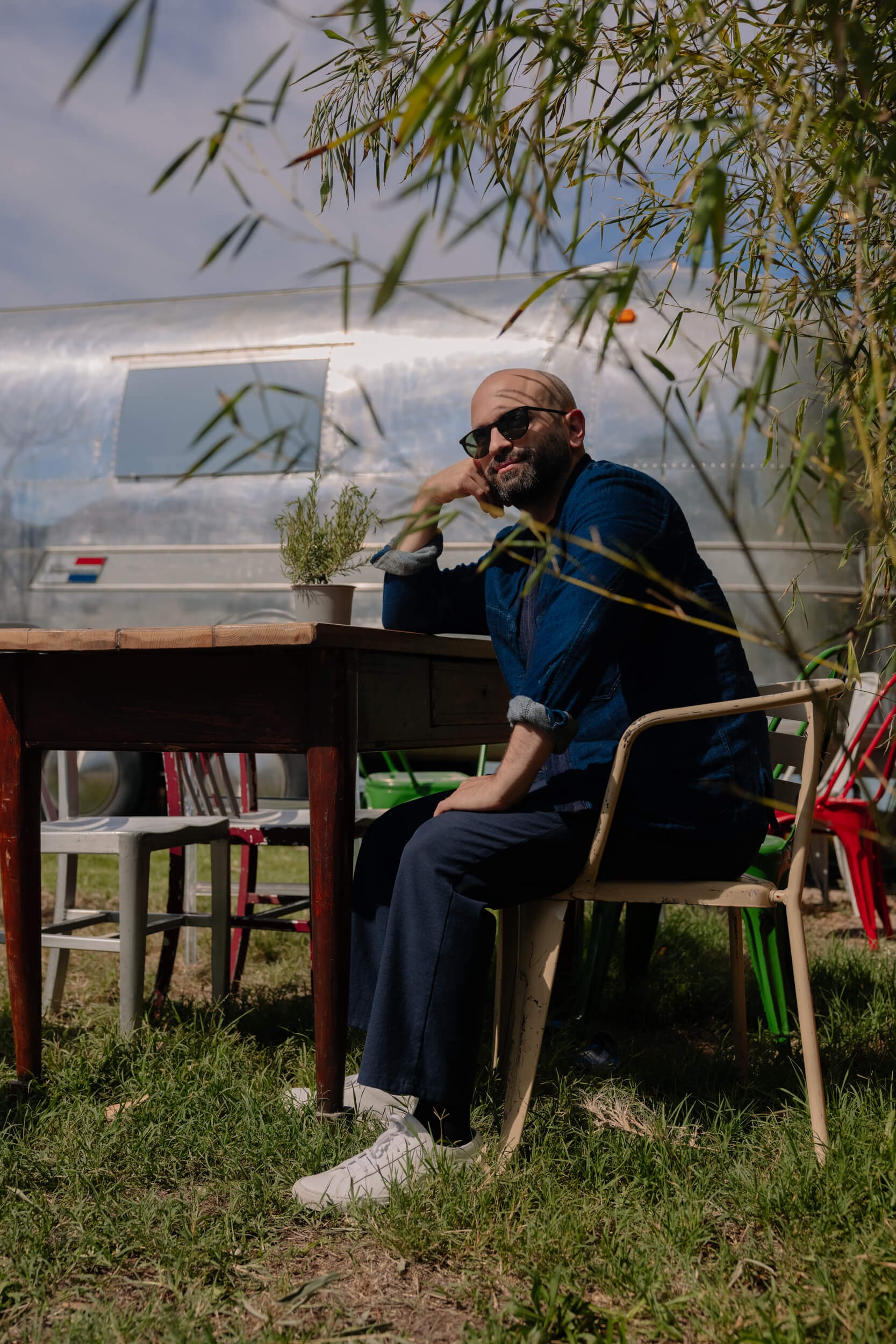
“Bullshit! Just make the movie you care about.“
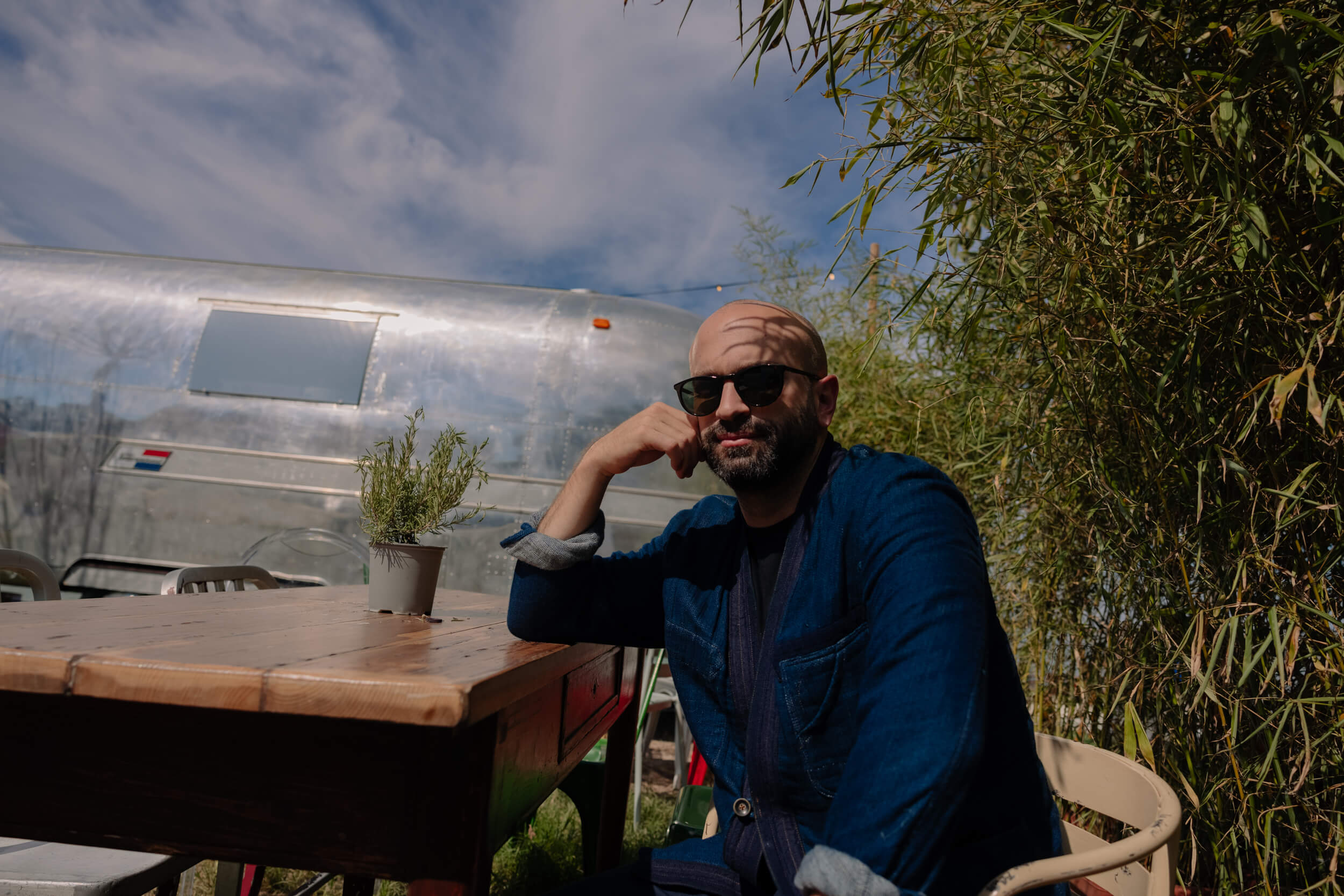
What usually compels you to tell a particular story?
It’s a feeling you get, like “this is going to be something that I care about”, or sometimes you are looking for a very specific subject. For instance, for “The Staircase”, I had always been fascinated by true crime so when “The Staircase” came I was like “oh this is the true crime story I was looking for”. And when “Christine” came, I had been looking for a complicated female character to explore; so it’s that and what interests me in the moment, what jumps at me.
You’ve mentioned Stanley Kubrick was a producer, director, writer, like you are and watching your work, it feels like that for you being a director means the whole “package”, is this assumption correct?
I’ve never been a technician, and I think Kubrick was very much a technician as well, he was machinist, he knew the internal workings of cameras and I don’t have that; I have a very strong sense of the composition in the image, and I have a very strong understanding of what lenses mean, what a certain lenses is going to do, and I have a very strong sense of what sound is doing and of the music. So, I have a strong feeling and an idea of what I want these things to do.
And the producing part of it – because I’ve produced for other people – when I had a company, there were 3 of us, and each one of us produced for each other and we each realized what our strength were as producers. My strength was never the guy who could get all the numbers down, pull all the numbers in the paper. I’m not good at math. That was Sean Durkin, he was responsible for the money. Josh Mond was the person who could get the project going, Sean and I could make sure that the project happened, but Josh was the person that could get the fire started. As a producer, what I was very good at was the creative side, read, comment, work through and break apart every draft, work through the casting and then help put the team together, know what different people would bring to it. And ultimately be very present on both production and post-production.
As I became more and more confident as a director, the most important thing I learnt was when to say “I don’t know” and to be comfortable with the idea of not knowing something, not having an answer. Because early on, I felt like no one could know that I didn’t know, because if they did they were going to take over but then I realized it’s so nice when you say “I don’t’ know” and when you say that confidently without panicking, you are open to other ideas that you can work into it and in some ways that’s producing.
When you are writing, producing, directing, it all kind goes into the same pot.
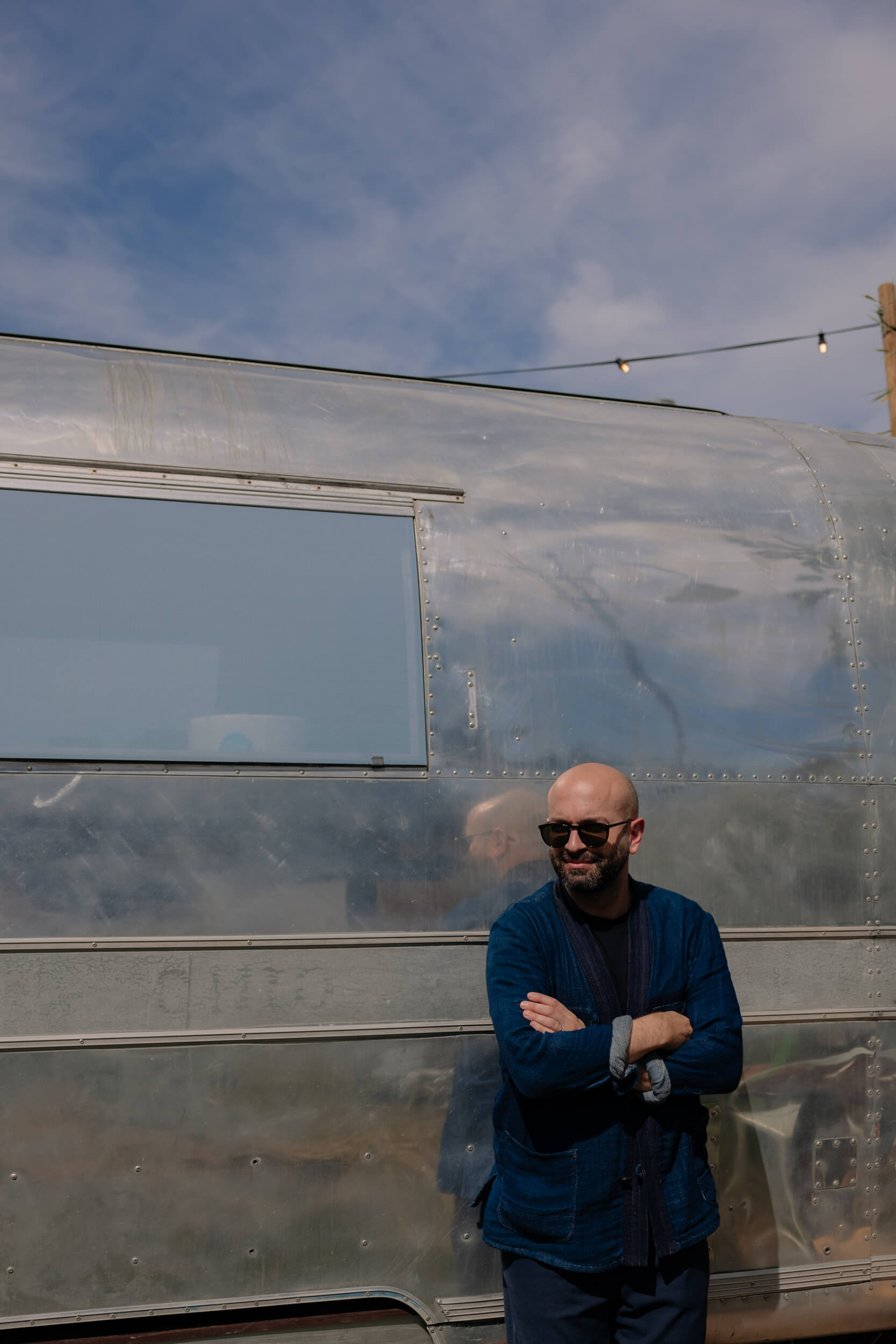
“As I became more and more confident as a director, the most important thing I learnt was when to say ‘I don’t know‘ and to be comfortable with the idea of not knowing something, not having an answer.”
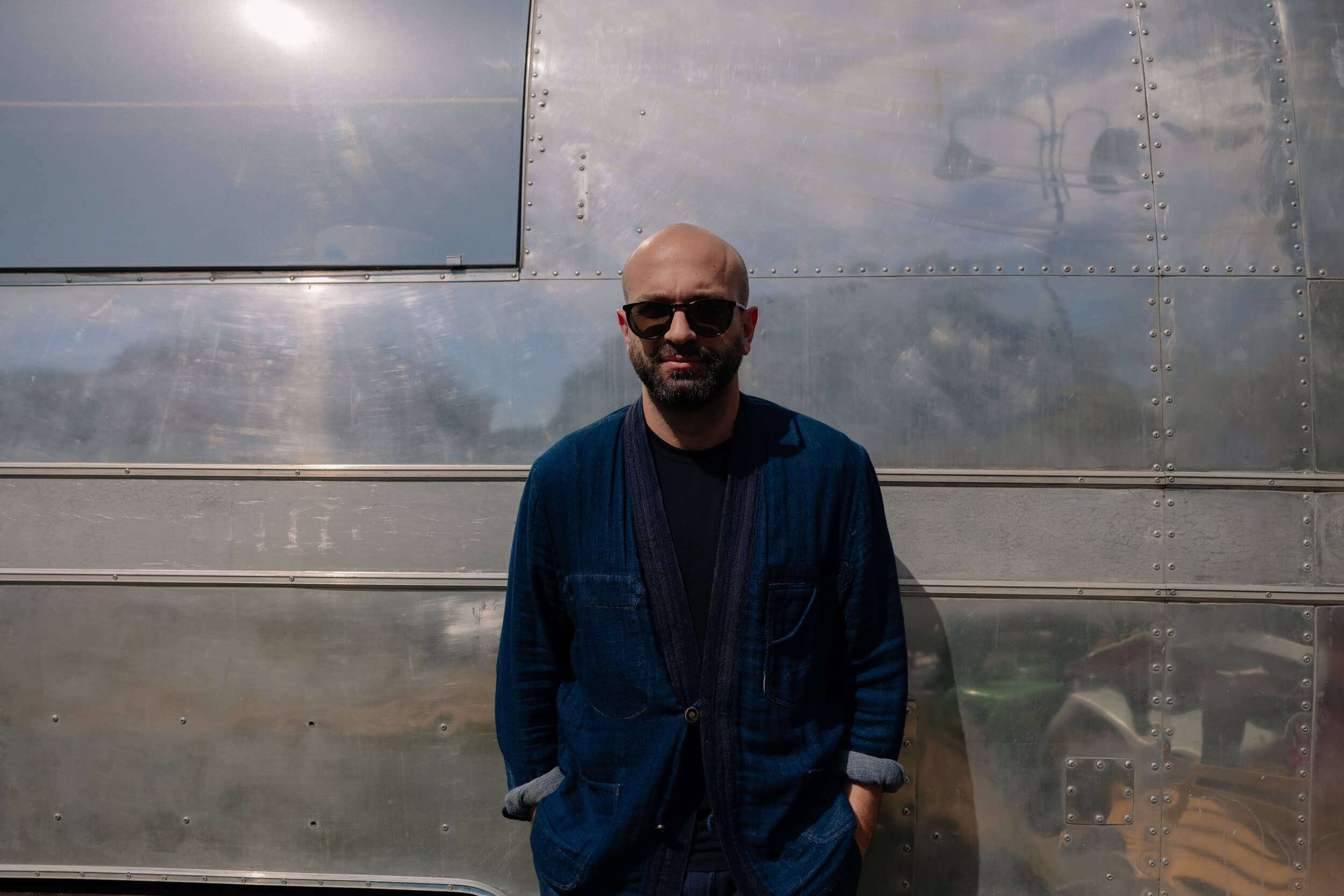
As juror in the Orizzonti section, which is a wonderful space for indie film, what would your advice be for indie filmmakers? Is indie cinema still possible? Considering that already million-something budget films are labeled “indie”?
Yes.
The way we made movies 15 years ago, which is not long ago, feels very different from the way movies are made now. What we were able to achieve with the amount of money we had was crazy: “Afterschool” costed 250 thousand, “Martha Marcy May Marlene” costed 625 thousand, these are very small budget to be able to shoot on film; we begged for a lot of things, people were nice enough to give us films, to cut us deals, it takes a certain kind of hustle. I still think it’s all possible, now with how good digital cinema is, you can shoot a movie with very little light, you can shoot with less crew, anything is possible. In terms of the state of indie movies, I don’t think it is going to go anywhere, I think people are always going to want to make movies, and there are going to be people that have lots of money to make them and people who don’t have lots. You figure out the way to make the movie. And what’s interesting about Orizzonti is that this section is very much those kind of movies: what I’m consistently struck by is how good these movies look. Before, I felt like you’d see indie movies and they weren’t very well lit, things were under-exposed and so on. The level of craftmanship is so high. I think that, because of digital cinema, you quickly realize what an image looks like, there is not a lot of guessing, and then you have the ability to refine things in the DI. So, things look really good with very little.
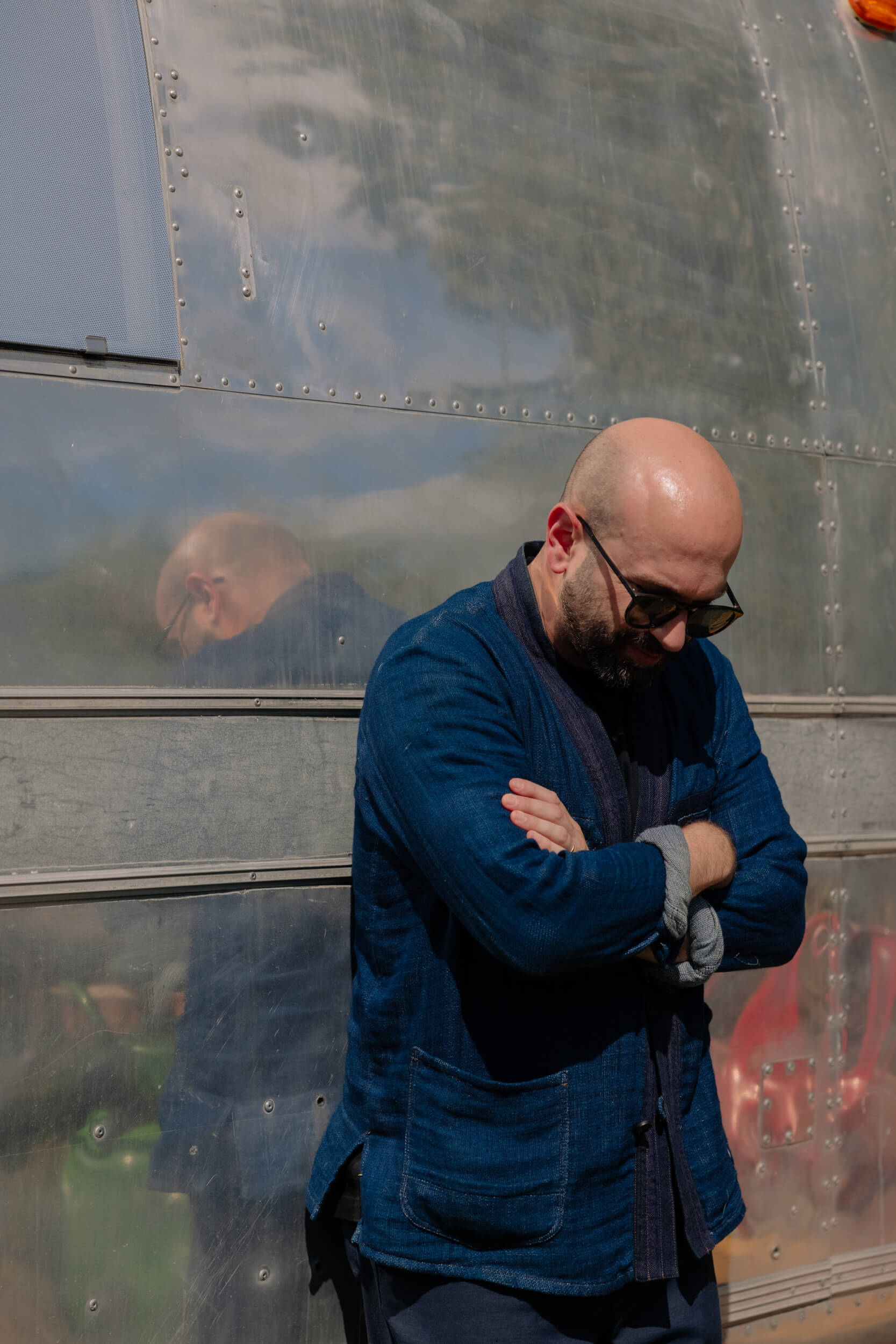
“…now with how good digital cinema is, you can shoot a movie with very little light, you can shoot with less crew, anything is possible.”
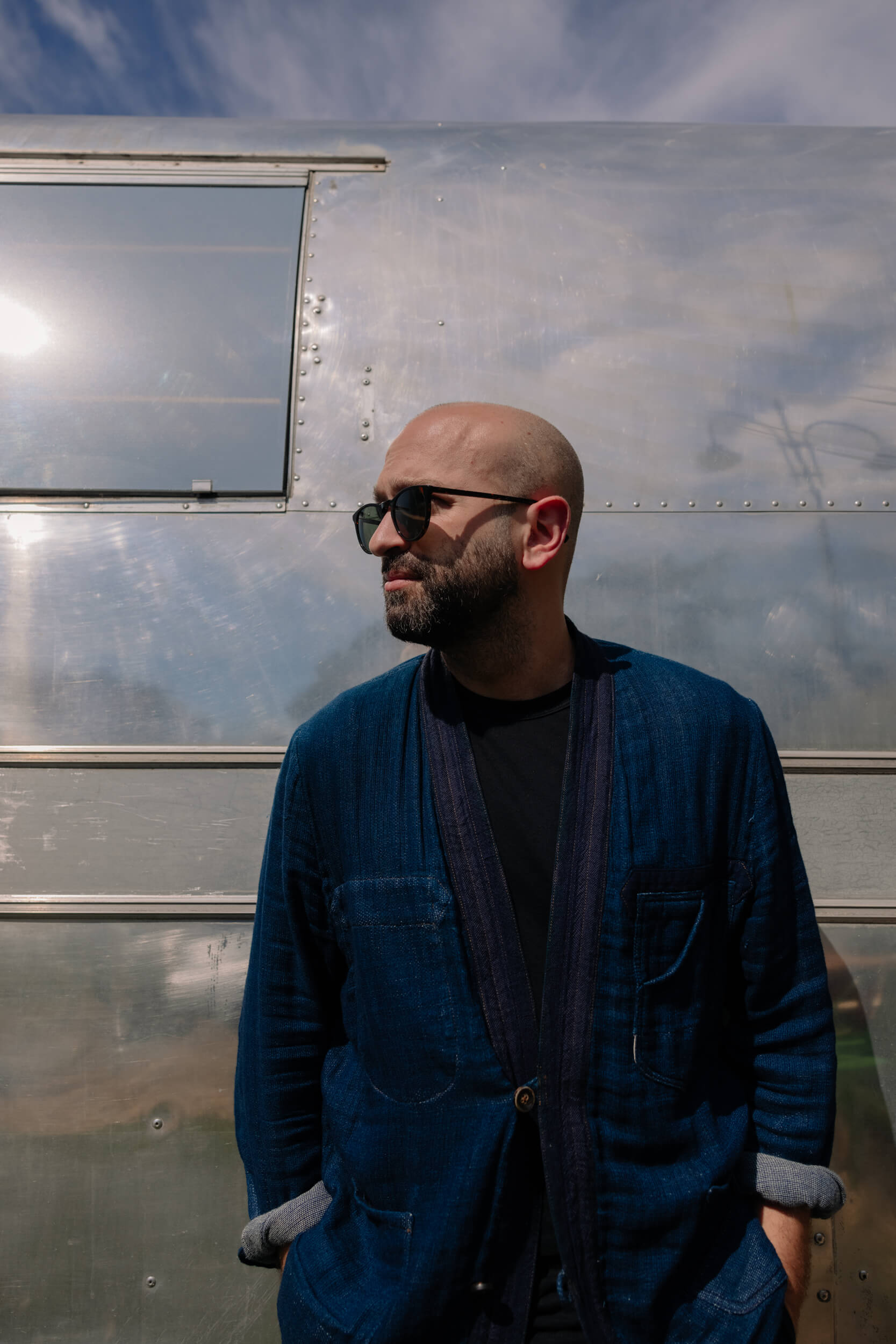
Coming to this year project “The Staircase”, what was the thing, the detail, the curiosity maybe that led you to bring this project to life?
When I first saw the documentary in 2008, it had been sent to me to consider it to be adapted into a movie. I was really obsessed with true crime stories, so for me it was the ultimate true crime experience: it was a very immersive documentary, and it explored all aspects of the investigation and then the trial. The documentary came out in 2005 and I watched it in 2008, and at that point there wasn’t anything like that, there wasn’t anything that was a multi-part series about a crime or investigation, and so, right away, all the details, everything there to be able to tell a story that showed the way things actually happened, was interesting to me. And then, Michael Peterson was the key to me because, even after watching 8-hours of a documentary where everything about his life was out in the open, I still found him to be a mystery, and I thought it was very interesting to have an impossible character in the middle of an impossible mystery: a mystery within the mystery, a maze within a maze. And I thought this is a very interesting guy because, for me, what it is so fascinating about “The Staircase” was the fact that you’ll never know, and not only you’ll never have the answer to what happened that night, but you’ll never know Michael Peterson, maybe Michael Peterson doesn’t even know who Michael Peterson is. And there is something kind of Shakespearean about this tragedy, something very complicated about it. That’s what really got me. I really do love questions and Michael Peterson just felt like one big question mark that I was trying to figure out all the time.
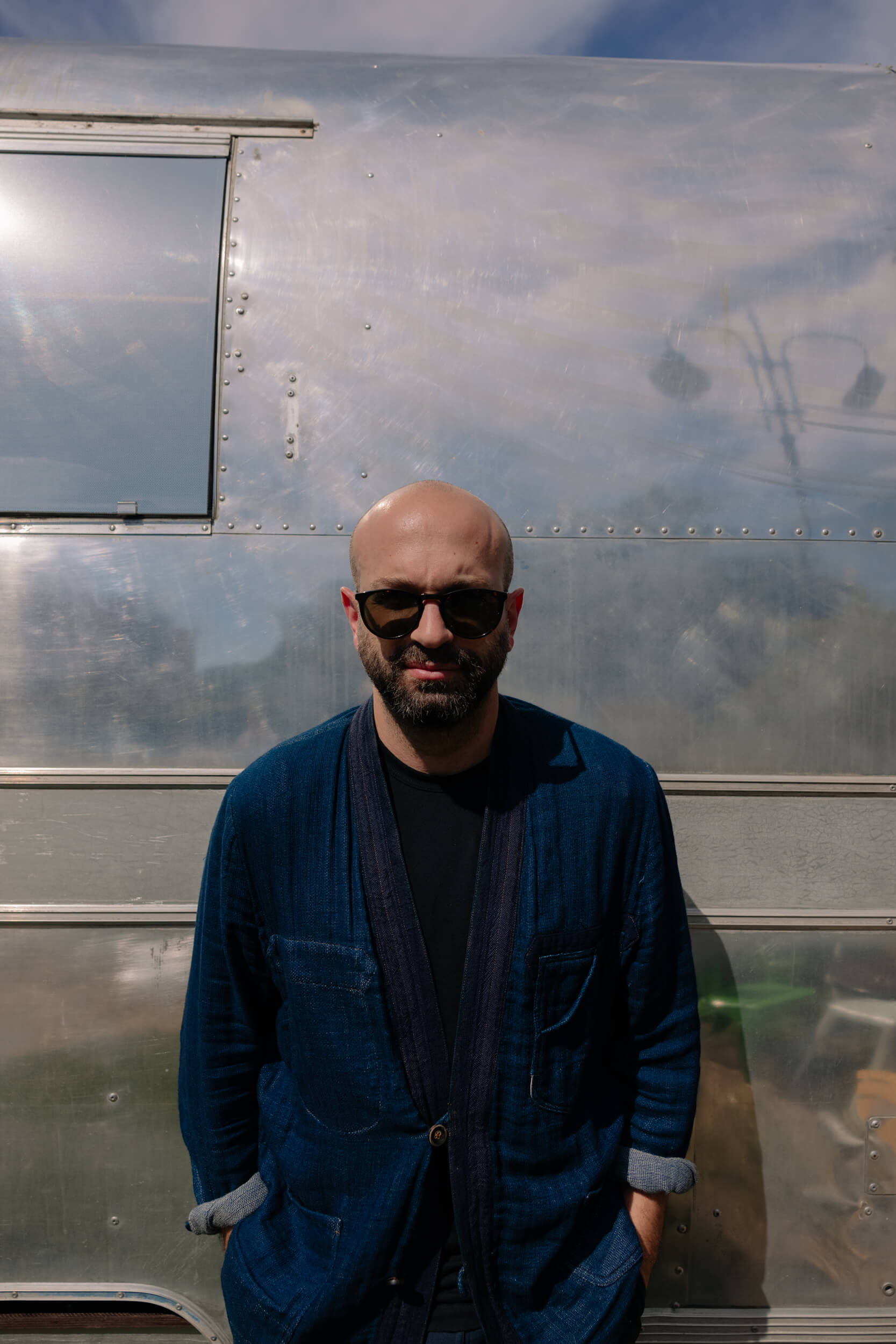
I know you’ve said that basically we just need to come to terms with the fact that we will never know what really happened. Was there even a small part of you that hoped that by telling this story you would “discover” something new about it?
I did think, in the very early part of the process, that if I spent enough time with it, I would probably have an answer. And then, after about 5-years, I realized, it’s okay not to know. And it’s okay living in the not-knowing.
I bet and I know you’ve been asked about the last shoot of the series many times, but how it came to be? Did you know this is how it was going to end from the beginning?
Yes. It was always going to start and end in that bedroom. It was always going to end with him looking in the camera.
It’s great the way in the series you’ve balanced the moments where you think he’s innocent and when you think he totally did it. Was it difficult to keep the balance?
No it wasn’t, it was just part of the way we constructed it because in the writers room, I never said, “This is what I think”, there was a lot of conversation on what everybody thought, but I never told anyone to write in one way or the other. So, the writers could write with a subtext in their mind that he was either guilty or not and that was fine. Colin [Firth] was also given the same direction, I told him: “I’m not going to tell you whether or not I think he did it or whether you should play him like he did it or didn’t do it, you have the freedom to choose whatever you want and play it that way”. So, with Colin playing it whatever way he was doing it and the writers working in whatever way they were working on scripts, it was kind of like everybody was embracing the unknown. There were definitely adjustments in the edit, like if he did something with his eyes that would look a little bit more like he was guilty and we didn’t want you to feel that, we would take that out, so there are things that we definitely did to maintain the balance because there are times in the story where it’s important that you are on his side, so you don’t want the audience to lean that way or another way. But a lot of that is just minor adjustments here and there, and Colin sometimes would do a version that was a little bit more one way or another, but I never knew which way he was going to go with that. However, in the edit we had the possibility to suddenly adjust what we needed to.
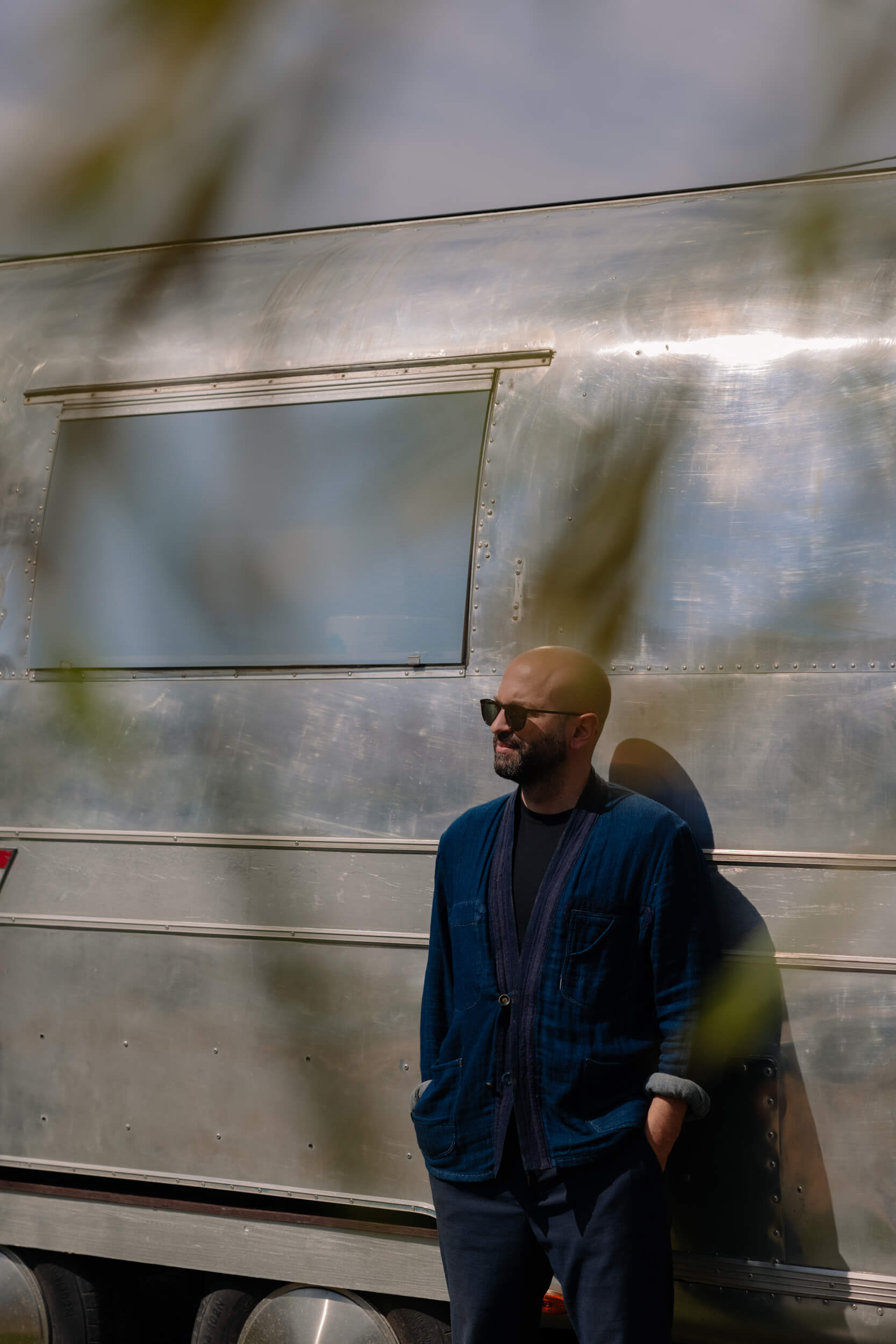
“It was always going to start and end in that bedroom.”
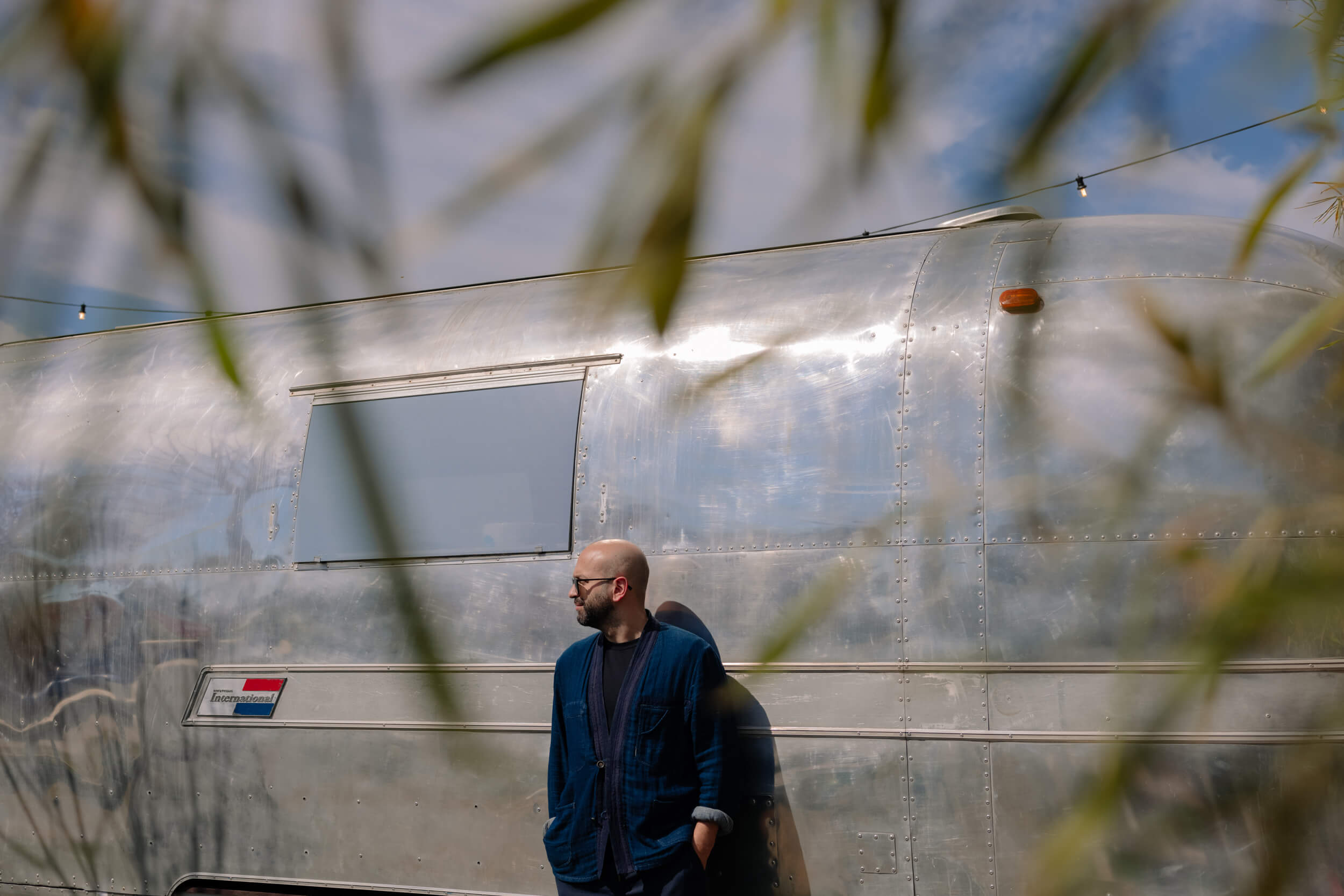
3 movies everyone should watch.
I’ll just give you 3 movies that I think not many people know about but should know about: “Code Unknown” by Michael Haneke, “The Rite” by Ingmar Bergman, “The Bitter Tears of Petra von Kant” by Rainer Werner Fassbinder.
What scares you the most?
What scared me the most before was probably very much about my career, but now, as a father, what scares me the most is if anything would ever happen to my children.
The bravest thing you’ve ever done?
Maybe I haven’t done it yet.
Photos by Johnny Carrano





